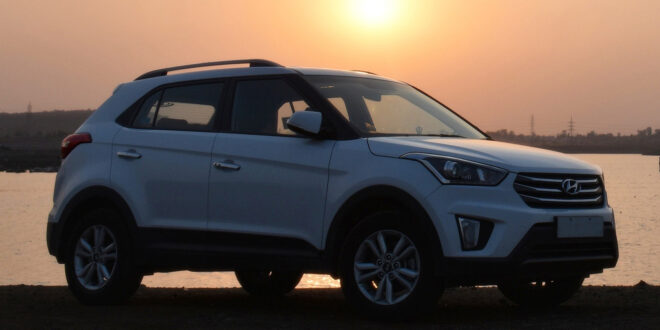Published with permission from Vero Insurance New Zealand
When you drive, you’re constantly checking your surroundings. You’re keeping an eye on other motorists around you and making a mental note of who’s speeding up, slowing down or turning.
You rely on other motorists to do the same thing – but accidents still happen.
If someone else makes a mistake and causes an accident, are you also relying on them to have insurance?
Third party liability cover
All car insurance policies in New Zealand include cover for liability to third parties.
That means that if someone else accidentally causes damage to your vehicle and they’re insured, their insurer will usually cover the cost of repairing or replacing your car. But in New Zealand car insurance is not compulsory, and there are drivers on the road who have no insurance at all.
So, if you’re hit by another driver: will you be covered, and if so, how much for? It depends on your level of cover.
Say someone else has hit your car.
You weren’t at fault – you might even have been parked at the time.
If the other driver doesn’t have insurance, the collision could have a negative impact on your finances and your life, depending on the level of cover you’ve got.
Comprehensive cover
With Comprehensive cover, you can make a claim immediately for the damage to your car with your insurer.
Even if the other driver has insurance, it’s often easier to go through your own insurance company and let them sort out recovery of the costs from the other driver (or their insurer).
Many insurance policies will waive the excess for your car repairs if it is clear that you weren’t at fault. Check your policy to see if that applies to you.
Third party cover
If you have Third Party Only cover (or Third Party, Fire and Theft), your policy only covers you for damage that you accidentally cause to some else’s car or property when using your car – it doesn’t generally include cover for damage to your car if it’s in a collision.
Most Third Party Only policies give limited cover if the accident is not your fault. Limited cover may include up to $3,000 or the Market Value of your car (whichever is the lesser), but that’s only if the other driver is fully to blame for the accident, has been identified, and does not have valid insurance.
You might be able to make a deal with the other driver privately or take them to court – but the most likely scenario is that you’ll need to pay to repair or replace your car out of your own pocket in the first instance, should the cost exceed the limited cover provided by your insurance policy.
Tips for selecting car insurance
If you’re not sure which is right for you, think about what will happen if your car is damaged or written off.
- Have you got enough money to replace or repair your car, or would you need insurance money?
- Have you got a realistic idea of what your car is worth? What is its market value?
- How will you get around if your car is being repaired, for anywhere from a few days to a few weeks? Do you need a policy with a rental car benefit?
- How much would your premium and excess be in comparison to the value of your car?
- For some customers, Comprehensive cover gives them peace of mind, but for others a Third Party policy might be the right solution.
As always, make sure you’ve read your policy carefully, so you know what you’re covered for – and keep yourself and others safe on the roads.
5 easy steps if you have a collision
- Take care of yourself and others’ safety.
- If it’s safe, take photos immediately while the cars are still in position. Send them to your insurer when you make a claim.
- If there are independent witnesses, get their details if you can.
- Take down the other driver’s details – name, phone number, registration number and insurance provider.
- Make sure you provide all the required details when notifying a claim.
If you want to change your insurance provider or the level of your policy, have a chat to Brian from Over Fifty Insurance.
Article by Richard Godman










Join the Discussion
Type out your comment here:
You must be logged in to post a comment.